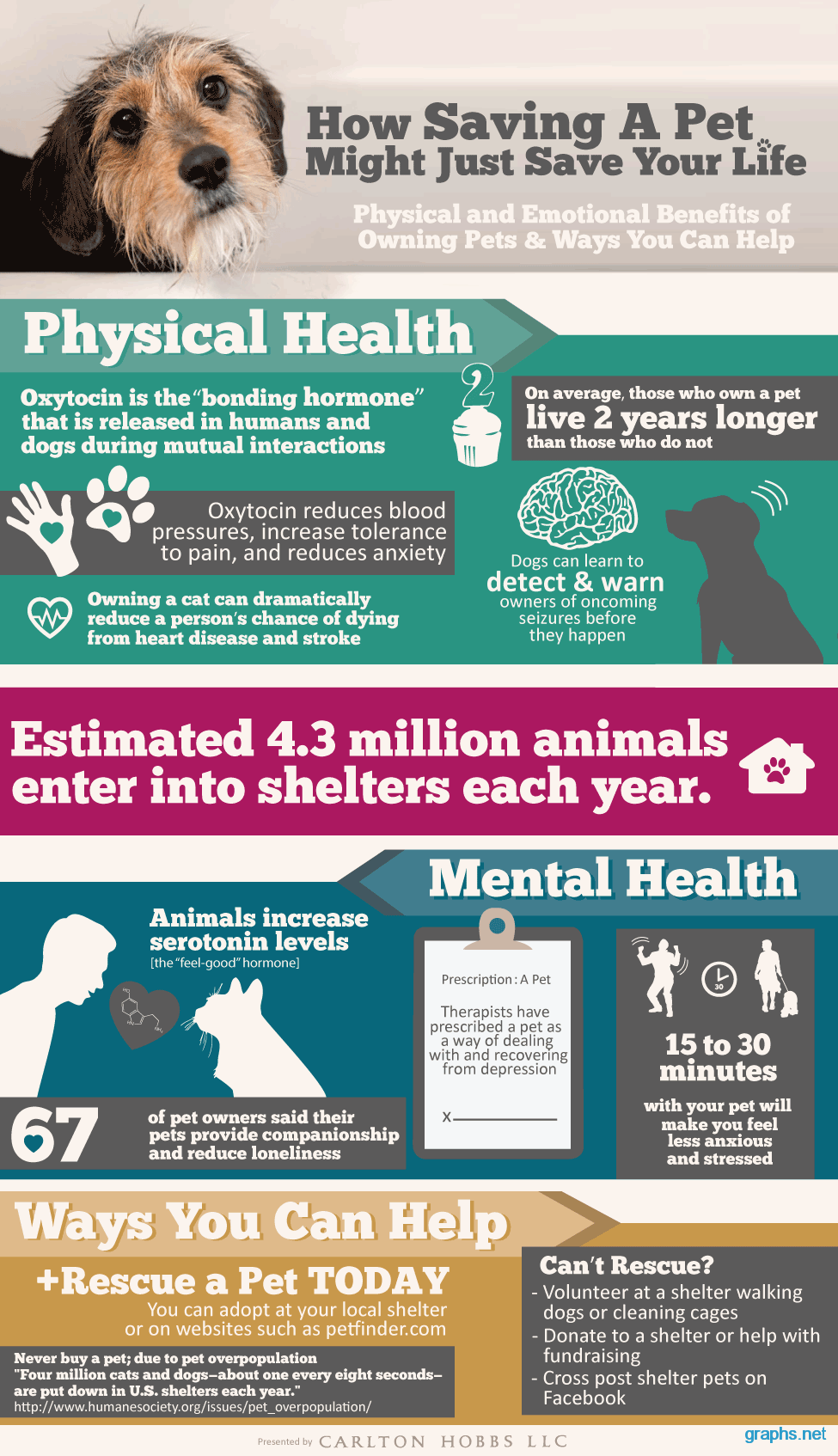Where Can I Adopt A Dog
Where Can I Adopt A Dog
Blog Article
What Vaccinations Are Needed For Pet Dog Childcare?
Whether your dogs spend time at daycare or boarding facilities, they need to be current on every one of their called for inoculations. Core vaccinations consist of Bordetella, rabies and DA2PP, which defend against typical illness that canines are subjected to when in close contact with others.
Non-core vaccinations consist of canine influenza and leptospirosis shots. These are advised for dogs that mingle with other pets often.
Core Vaccines
As a critical part of precautionary treatment, canine vaccinations help maintain dogs risk-free from transmittable illness sent through direct call or contaminated surface areas. Vaccinations promote the body immune system to create antibodies that battle disease, and most veterinarians think about core pet vaccinations to be crucial for all pet dogs.
Rabies
A lot of respectable pet day care facilities need that your pet dog depend on date on their rabies inoculation. Vaccinations are provided to puppies as very early as 12-16 weeks old, and boosters are needed every three years approximately until the adult years. Rabies is a fatal viral condition that spreads via saliva, normally from bites. A lot of states require rabies inoculations for all canines and pet cats, and some even mandate rabies boosters for pet dog owners.
Distemper/Parvovirus/Adenovirus (DHPP).
This mix vaccine covers canine distemper, parvovirus, hepatitis, and adenovirus, every one of which are extremely transmittable. Many vet offices use DHPP vaccines as one shot or in a series of 2 to 4 shots, given 2-4 weeks apart, adhered to by an annual booster. This vaccination is a requirement for a lot of boarding and doggy day care centers, as well as numerous groomers.
Bordetella/Canine Parainfluenza Vaccination.
Bordetella bronchiseptica, typically known as kennel cough, is a really contagious breathing infection caused by the germs that creates the disease. Signs include consistent coughing, sneezing, nasal discharge, and high temperature. Many kennel coughing outbreaks happen in jampacked atmospheres, such as daycare or boarding facilities, and are particularly usual in warmer climate. This vaccine is a demand for the majority of childcare and boarding facilities, and is typically supplied in a mix with the DHPP vaccine.
Leptospirosis Vaccine.
This is a microbial condition that spreads out via contaminated water, soil, and urine. Infection can create kidney and liver damages, along with death, and is transmissible to people. A lot of veterinarians will suggest this injection, based on geographic location and lifestyle of the pet, for dogs that hang around outdoors or at boarding centers, in addition to some groomers. This injection is normally provided as a series of two to 4 shots, spaced 2-4 weeks apart, with a yearly booster required for many pets.
Lyme Disease Vaccination.
One of the most typical tick-borne dallas dog daycare and boarding illness in the United States, Lyme condition is transferred by the deer tick and can result in high temperature, joint discomfort, muscle mass soreness, and loss of appetite. The Lyme condition vaccination safeguards against the most widespread stress of the virus, consisting of the H3N8 and H3N2 stress. Many vet centers recommend this vaccination, especially in high-risk locations, such as the Northeast, upper Midwest, Mid-Atlantic, and along the Pacific shore.
Noncore Vaccines.
Other dog vaccinations, while not essential for all animals, are suggested based upon the dog's way of life and geographical area. These include the following:.